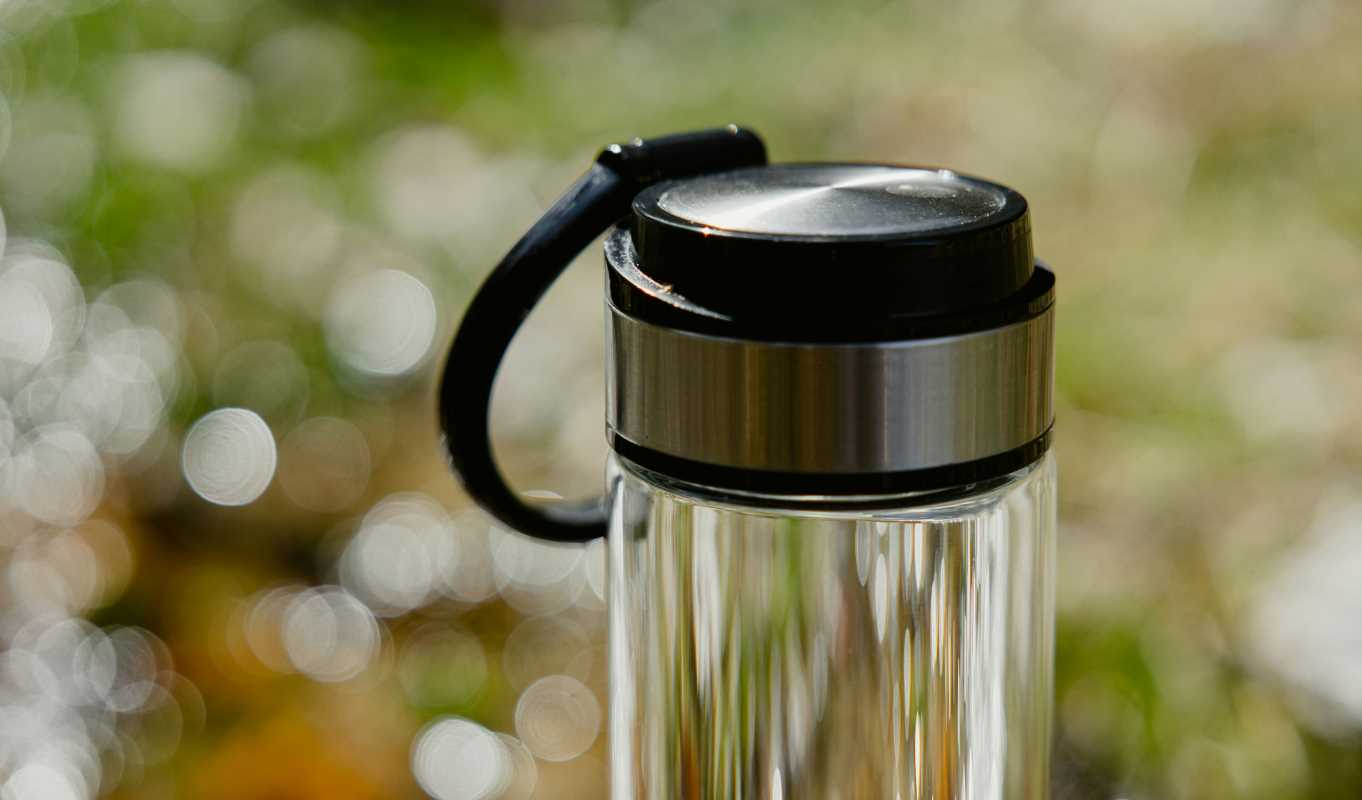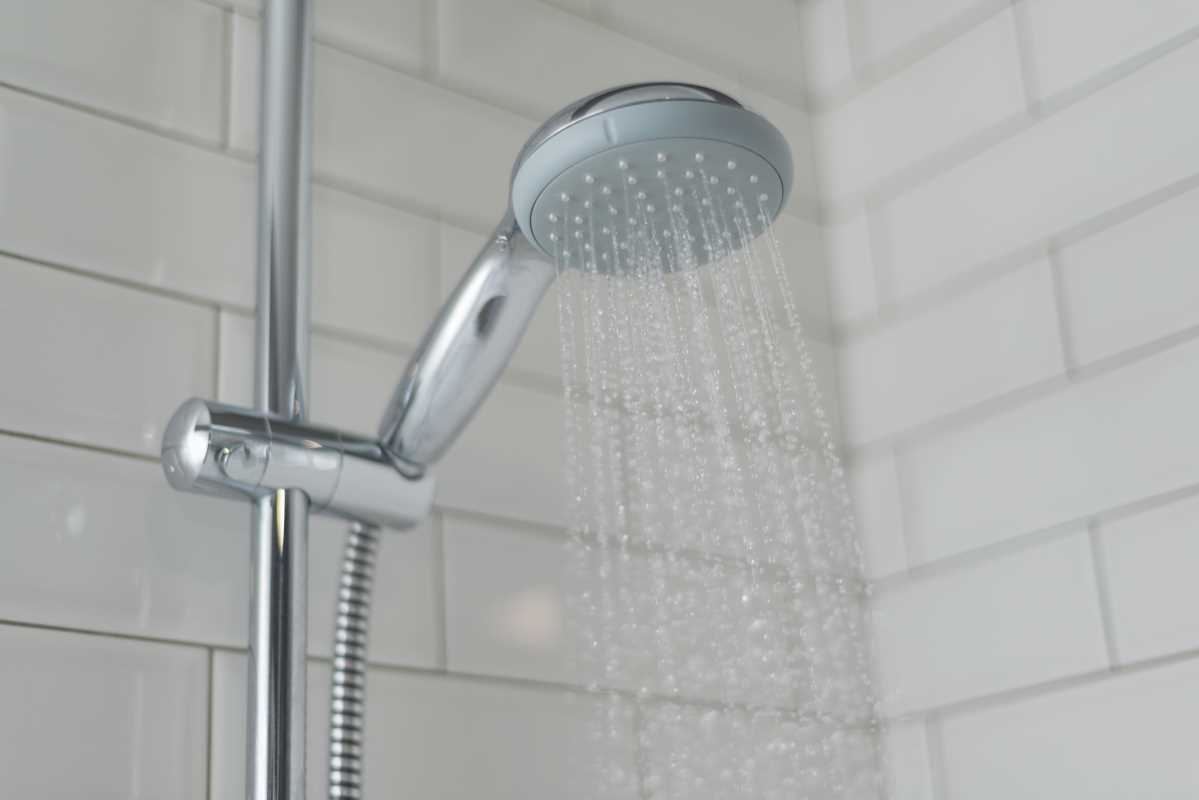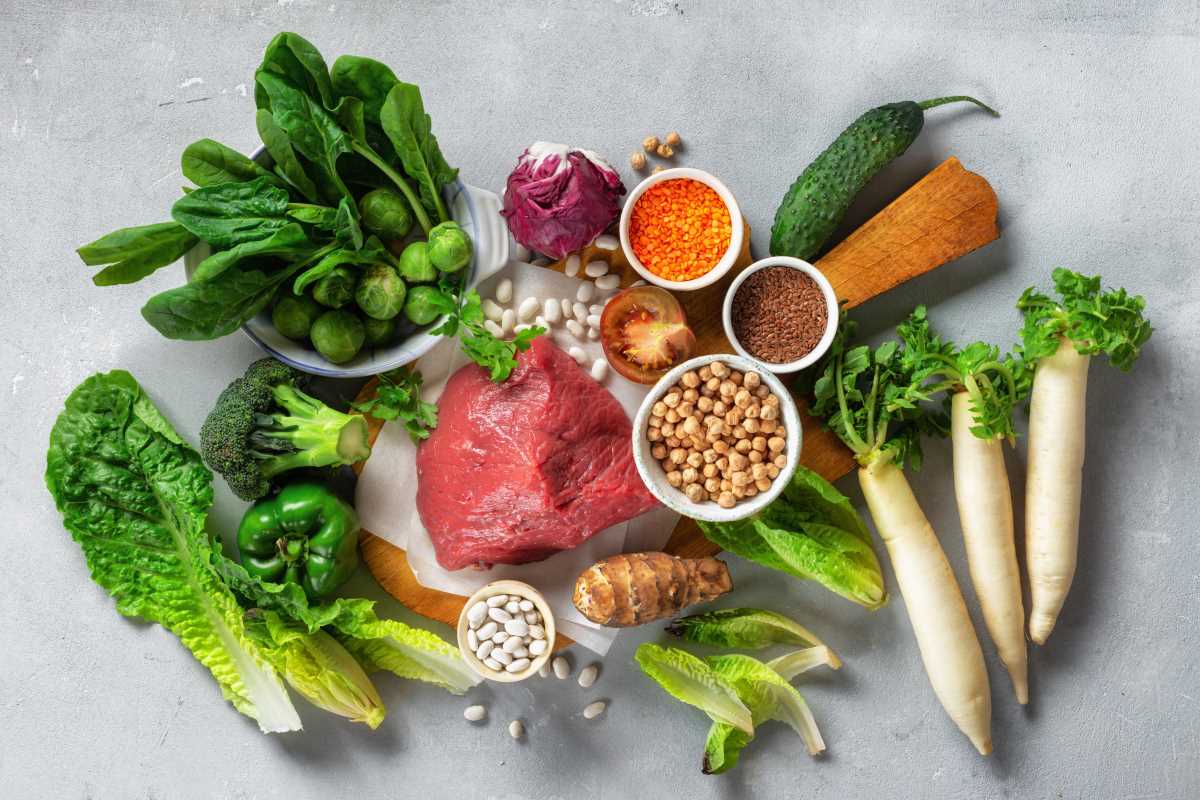Staying hydrated is one of the simplest yet most essential aspects of maintaining overall health. Water plays a crucial role in nearly every bodily function, from regulating body temperature to aiding digestion and flushing out toxins. Yet, many people struggle to drink enough water throughout the day, often due to busy schedules, lack of awareness, or simply forgetting. By adopting a few best practices, you can ensure that you stay hydrated and healthy. Here’s a 1000-word guide that outlines the importance of hydration and offers practical tips for staying hydrated every day.
1. Understanding the Importance of Hydration
Water is fundamental for life and health. Approximately 60% of the human body is made up of water, which means it’s vital to consume enough water to keep all systems functioning optimally. Here's why staying hydrated is important:
- Regulating Body Temperature: Water helps maintain body temperature through sweating and respiration, especially during physical activity or in hot weather.
- Aiding Digestion: Water is necessary for breaking down food, absorbing nutrients, and keeping the digestive system moving smoothly. Dehydration can lead to constipation and digestive issues.
- Supporting Organ Function: Vital organs, including the kidneys, heart, and brain, rely on adequate hydration to function correctly. Proper hydration helps kidneys filter waste and the brain maintain focus and clarity.
- Lubricating Joints: Water acts as a lubricant for your joints, helping to cushion and protect them during movement.
- Boosting Energy: Even mild dehydration can make you feel tired and sluggish, affecting both your physical and mental performance.
Inadequate hydration can lead to a variety of health problems, ranging from mild dehydration to more severe conditions like kidney stones, urinary tract infections, or heatstroke.
2. How Much Water Should You Drink?
A common recommendation is to drink eight 8-ounce glasses of water per day, known as the "8x8 rule." While this is a good starting point, individual water needs vary based on factors such as age, weight, activity level, and climate. A more personalized approach would be to listen to your body and adjust your intake accordingly. Here are some general guidelines:
- Men: About 3.7 liters (or around 13 cups) of water per day from all beverages and foods.
- Women: About 2.7 liters (or around 9 cups) of water per day from all beverages and foods.
- Active individuals: If you exercise regularly, you may need more water to replace fluids lost through sweat.
- Climate considerations: Hotter climates increase your water needs as your body loses more fluids through perspiration.
The best way to gauge whether you’re drinking enough water is to monitor your urine color. Light yellow or pale straw-colored urine generally indicates adequate hydration, while dark yellow or amber-colored urine may suggest dehydration.
3. Incorporating Hydration into Your Daily Routine
Staying hydrated doesn’t have to be a chore. With a few small adjustments, you can easily incorporate drinking water into your daily routine.
- Carry a Water Bottle: One of the simplest ways to remind yourself to drink water is to keep a reusable water bottle with you at all times. Having water within arm's reach makes it easier to stay hydrated throughout the day.
- Set Reminders: If you tend to forget to drink water, set hourly reminders on your phone or smartwatch. These gentle nudges will help you develop the habit of sipping water regularly.
- Drink a Glass of Water with Every Meal: Incorporate the habit of drinking water with your meals. Not only will this help you stay hydrated, but it also aids in digestion.
- Start and End Your Day with Water: Begin your day by drinking a glass of water to kickstart hydration after a night of sleep. Similarly, drinking water before bed helps maintain hydration levels while you rest.
These habits can become a part of your daily routine, helping you stay consistently hydrated without having to consciously think about it all the time.
4. Hydration Beyond Water
While water is the best choice for hydration, it’s not the only source. Many foods and beverages contribute to your overall fluid intake. In fact, about 20% of your daily water intake comes from food.
- Water-Rich Foods: Fruits and vegetables are excellent sources of hydration. Foods like cucumbers, watermelon, oranges, strawberries, and lettuce have high water content and can help keep you hydrated. Incorporating more of these foods into your diet is an easy way to boost hydration.
- Herbal Teas: Caffeine-free teas like chamomile, peppermint, or rooibos can contribute to your daily water intake while also offering calming benefits.
- Soups and Broths: Clear soups and broths are another great way to increase fluid intake, especially during cooler months when you might not feel as thirsty.
Keep in mind that while certain beverages like juice or sports drinks can contribute to hydration, they also contain added sugars or calories. Water remains the best, most calorie-free option.
5. Signs of Dehydration
It’s important to recognize the signs of dehydration so you can take action before it affects your health. Early symptoms of dehydration include:
- Dry mouth or throat
- Headache or dizziness
- Dark yellow urine
- Fatigue or low energy
- Dry or flaky skin
- Difficulty concentrating
If left untreated, dehydration can worsen and lead to more serious symptoms, such as:
- Rapid heartbeat
- Confusion or irritability
- Fainting
- Severe weakness
If you experience any of these symptoms, it’s essential to rehydrate immediately and, if necessary, seek medical attention.
6. Hydration and Physical Activity
Staying hydrated is especially important if you’re physically active. Whether you’re working out at the gym, going for a run, or playing sports, your body loses water through sweat, which needs to be replenished to prevent dehydration.
- Before Exercise: Drink water before your workout to ensure that your body is hydrated from the start.
- During Exercise: For moderate exercise, sipping water throughout your workout is usually enough. For intense or prolonged activity (especially in hot or humid conditions), you may need an electrolyte-rich sports drink to replace not just water but also salts lost through sweat.
- After Exercise: Rehydration after physical activity is crucial. Drinking water or an electrolyte-replenishing beverage helps restore fluids and prevents post-exercise dehydration.
Proper hydration during exercise not only improves performance but also helps prevent heat-related illnesses, such as heat exhaustion or heatstroke.
7. The Role of Electrolytes
Electrolytes like sodium, potassium, magnesium, and calcium are essential minerals that help balance the fluids in your body. When you sweat, you lose both water and electrolytes, so it’s important to replace them, especially after intense physical activity.
- Electrolyte Drinks: While water is usually enough for light exercise or daily hydration, electrolyte drinks or powders can be helpful after vigorous activities. These help restore the balance of fluids and prevent cramps or muscle fatigue.
- Natural Sources of Electrolytes: You can also get electrolytes from foods like bananas (rich in potassium), leafy greens (high in magnesium), and dairy products (a good source of calcium). These can help maintain electrolyte balance without the need for sugary sports drinks.
Maintaining the right balance of electrolytes is essential for proper hydration, especially during exercise or in hot weather.
8. Common Hydration Myths
There are several myths surrounding hydration that can lead to confusion about how much water you should drink or the best ways to stay hydrated. Here are a few common misconceptions:
- Myth: Drinking eight glasses of water a day is enough for everyone: While this rule is a good starting point, individual water needs vary based on factors such as activity level, body size, and climate.
- Myth: Coffee and tea dehydrate you: While caffeine is a mild diuretic, moderate consumption of coffee or tea still contributes to your daily hydration needs.
- Myth: You should only drink water when you're thirsty: By the time you feel thirsty, your body is already experiencing mild dehydration. It’s better to sip water throughout the day rather than waiting for thirst to hit.
Understanding the facts about hydration can help you make better decisions and avoid dehydration.
Final Thoughts
Staying hydrated is essential for your health, and it’s easier than you might think. By making a few small changes to your daily routine, such as carrying a water bottle, eating water-rich foods, and being mindful of your water intake during exercise, you can ensure that your body stays hydrated and functions at its best. Remember, everyone’s hydration needs are different, so pay attention to your body’s signals and adjust accordingly. The benefits of proper hydration—more energy, better focus, and improved overall health—are well worth the effort.
 (Image via
(Image via





